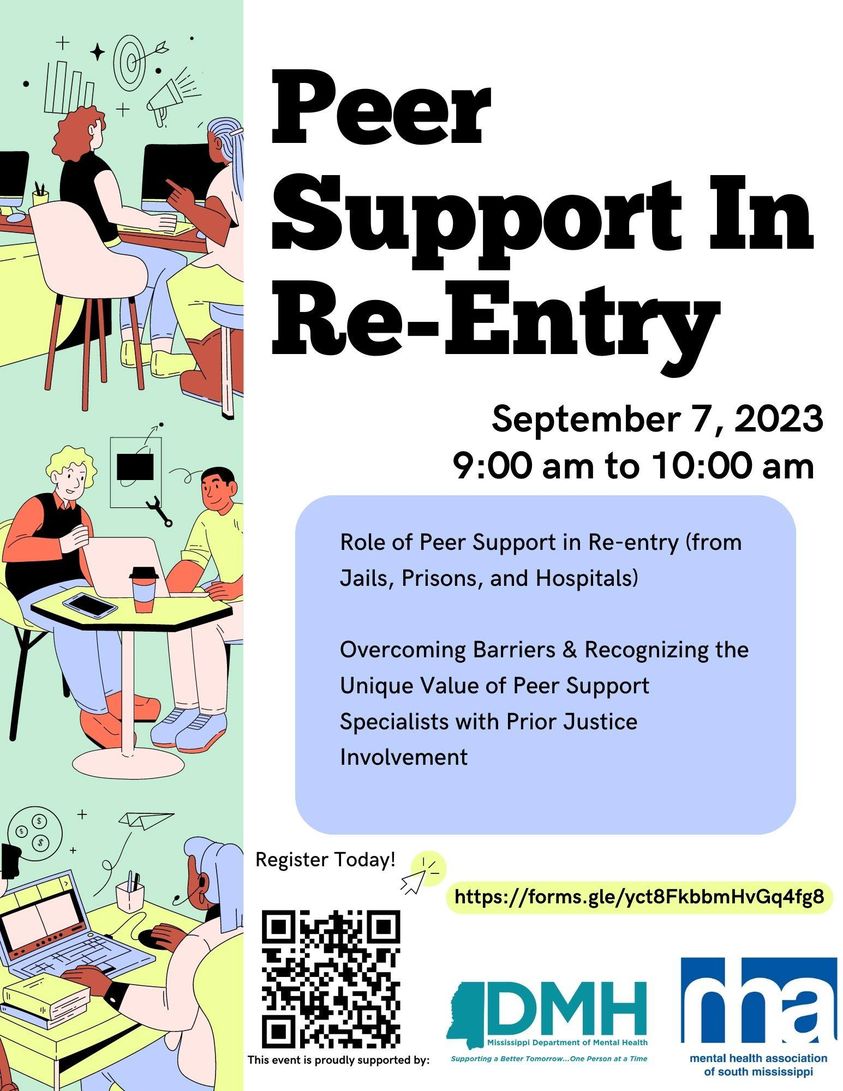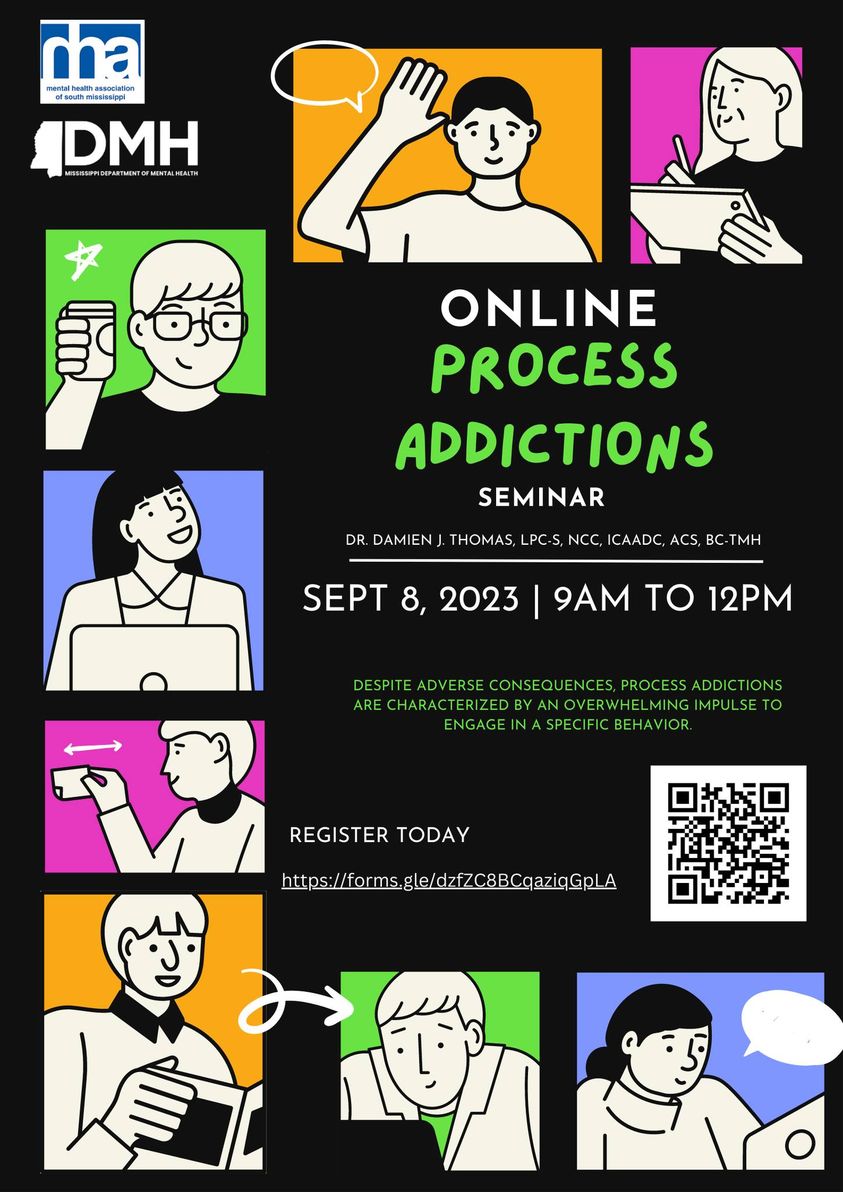Navigating the IEP
Parents and caregivers are invited to join MSPTI to learn how to navigate the IEP process journey.
Views From the Field: Enhancing Care for Black and African American Health Disparities in Rural Areas
Join us for a powerful roundtable discussion about the impact of social justice concerns, COVID-19 and challenges of providing care in rural communities.
Creating Your Own Path: Successful Transitions for Persons with Autism
The conference features motivational speaker & autism advocate Anthony Ianni as well as agencies and organizations creating change.
Peer Support in Re-Entry
Session will address overcoming barriers and recognizing the unique value of Peer Support Specialists with prior justice involvement.
Drop In Family Support Time
This hour is open for any family member to drop in for all or some of the time to share any concerns or get feedback from others about handling different situations.
Family Connections: Parenting and Recovery
September is Recovery Month! Join Family Connections as we discuss how families can – and do – recover together.
Getting Candid: Practical Guidance for Framing the Conversation Around Youth Substance Use Prevention
Engaging young people in conversations related to substance use prevention can be challenging, even for the most experienced professionals.
Process Addictions
The Mental Health Association of South MS is pleased to offer Continuing Education hours for Peer Support Specialists training.
Supporting the Transition to College for Youth With Psychosis: A Case-Based Discussion
National Training & Technical Assistance Center This session is an ECHO format case-based discussion covering the process of assessing readiness for college, accessing accommodations, and preparing youth, with a history of psychosis, to transition to college. Many young people are interested in higher education but are unsure of what that may look like, after receiving […]
SAMHSA’s Office of Recovery Webinar
National Recovery Month is a national observance every September to promote and support new evidence-based treatment and recovery practices.










